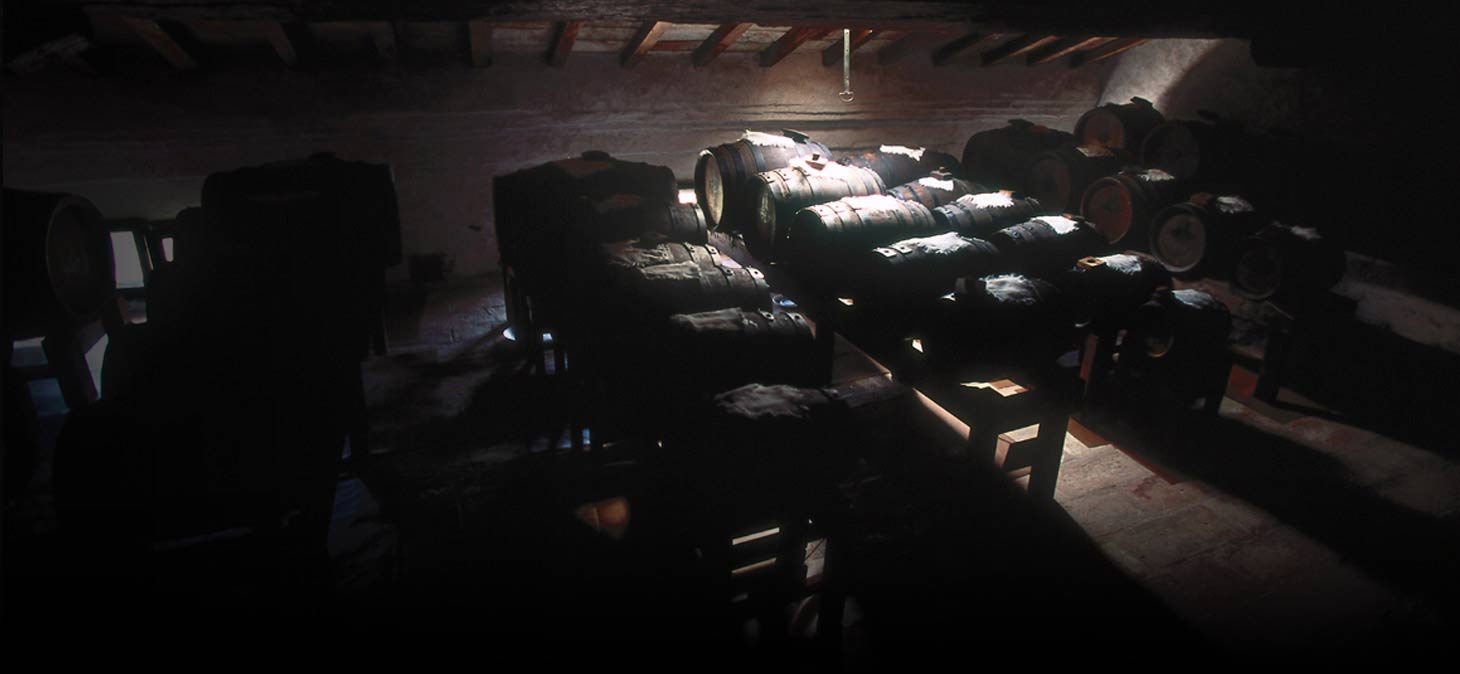There is no document that certifies exactly where or when the Traditional Balsamic Vinegar was first made.
Similar products, musts and vinegars variously mixed, were already used in the ancient Middle East, in ancient Greece and in Imperial Rome.
There are many traces throughout the centuries of the use of bittersweet vinegars; in ancient literature their use often
features in accounts of main historical events and personages. Over time, the references to bittersweet vinegars shift
from Ferrara and Reggio Emilia and finally come to rest in Modena.
In 1598 the Estense Ducal Court was moved from Ferrara to Modena,
and it was here that the earliest documents appear, giving a detailed description of Balsamic Vinegar.
It seems that Ducal Court first tasted and then used a local product which had already existed for a long time, being then mature ad appreciable.
From then on, Balsamic Vinegar and Modena continued together throughout course of history.
Balsamic Vinegar became well defined, anchored to traditions, an esteemed jewel produced by not casual techniques, but by systematic and careful operations.
In 1796, Napoleon Bonaparte’s troops occupied Modena. They dismantled the Ducal vinegar store, selling off the barrels to the richer families of the town. This undesired division, along with strong sense of prestige, led to the diffusion of Balsamic Vinegar among several families of Modena. After 1815, it was possible to partially rebuild the Ducal vinegar barrels. The following years were full of documents related to balsamic vinegar.
In that period the Duke Francis IV, a great estimator of this product, stood out. The king Victor Emanuel II, being in Modena on May 4th 1859,
was ravished by this “dark jewel”, found under the roof of the Ducal Palace. He was so taken that he ordered the transfer of the best barrels to Piedmont, to the Royal Castle of Moncalieri.
No more news was ever had of those barrels.
The following year, by strange chance, Ottavio Ottavi, oenologist, requested information from Francesco Agazzotti in Modena,
on how to manage a series of barrels. This fact suggests that the new setting was leading to the “extinction” of a vinegar then so rooted in Modena.









